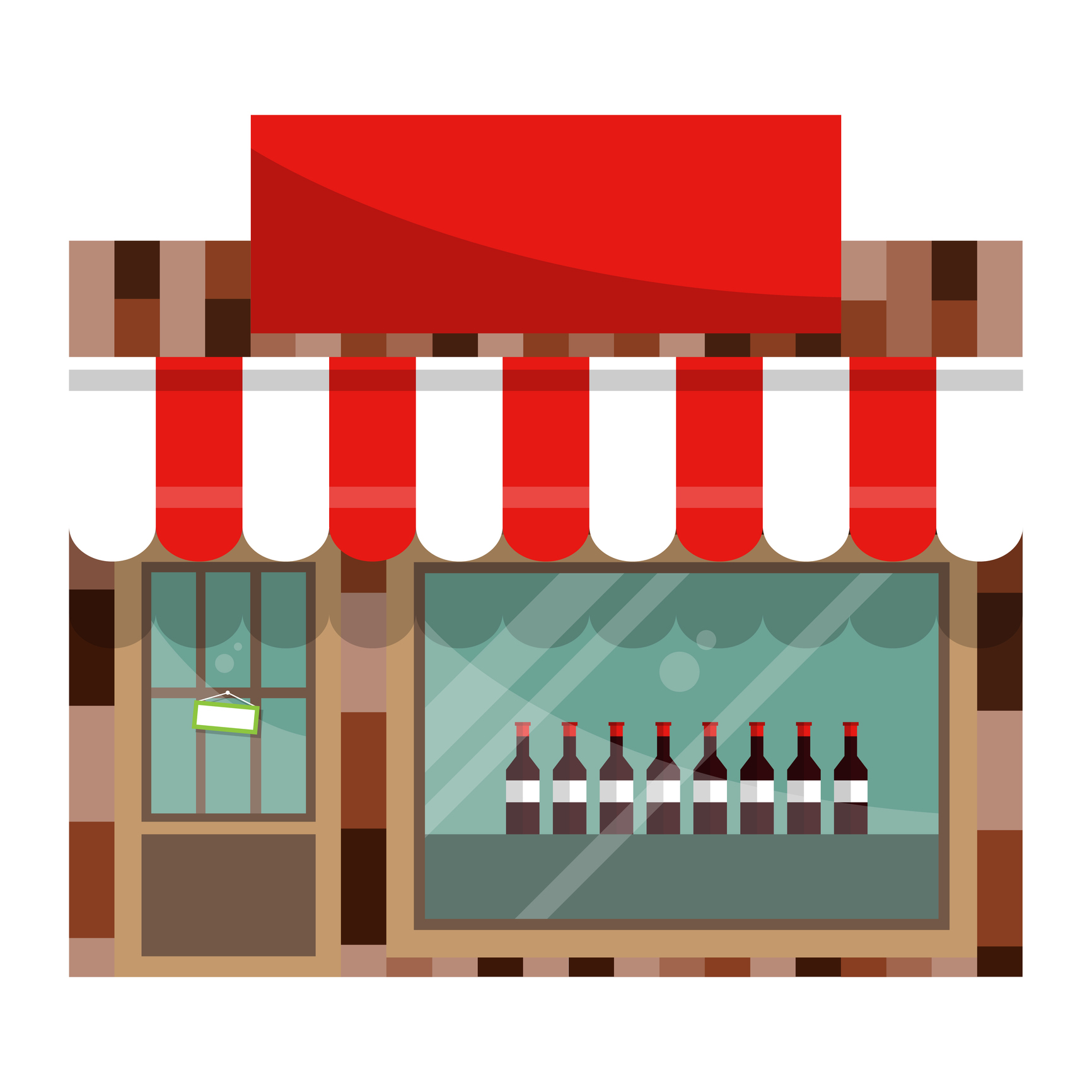The Rise of Bottle Shops in Ontario

This article originally appeared in the Fall-Winter 2022/2023 print issue of Quench Magazine.
The first quarter of 2020 was, without exaggeration, a period of doom and gloom for restaurant owners in Toronto.
Pre-pandemic, the city’s restaurant scene was bursting at the seams. New spaces were continually opening, and the city’s diners seemed – if you will forgive the pun – insatiable for new dining experiences. In the blink of an eye, lockdown changed everything. Dining rooms were empty and wine glasses stacked on shelves; the possibility that they might never be filled again painted a depressing picture. Wine heavy restaurants and bars no longer able to sell the wine in their cellars were desperate for a break.
A lifeline came in the form of changed LCBO (Liquor Control Board of Ontario) and Ontario government regulations for the way alcohol could be sold. Bottles of wine could now be purchased alongside a food item, and the bottle shop retail model was born. Restaurants and wine distributors were back in business – sort of.
At the time, wine bars such as Happy, in a busy corner of Parkdale, were just opening. They were able to easily adjust to the new circumstances by opening as a café and bottle shop, designing shelves and investing in wine. Across the city, tables became displays; patrons in window seats were replaced by wine bottles.
The bottle shop model provided access, an opportunity to bypass the lines at the LCBO and its ‘General List.’ The selection of wines at bottle shops was often more diverse, and many championed wines that had been cultivated using biodynamic or more “natural” farming practices.
My local café, Voodoo Child, with an already established business of coffee regulars, now had new patrons who were purchasing a coffee plus one or two bottles of wine. The obligation to sell food items generated the ‘nouveau pantry.’ Everything from chocolate bars to bags of truffle infused potato chips, to canned fish from Spain could be had with a baguette from the local bakery. On the way home or to the park during those long days of lockdown, the bottle shop created choice.
The service team at Paradise Grapevine has emphasized that both guests and venue have grown into the bottle shop experience. Paradise, with its own branded natural wines, has further capitalized on the opportunity to grow their clientele into an immersive wine experience with their “buy a bottle and stay or take it home with you” approach.
Larger operations such as Ascari Enoteca developed their Mercatino i Vini. Oven readymade meals and wine kits were incorporated into a ‘virtual zoom’ for an at-home food preparation and wine experience.
The Grape Witches, already champions of natural wines, made a name for themselves with events and have recently grown into an agency. Having just signed a lease on an event space, they also designed a fully-fledged retail bottle shop. Offerings include monthly virtual education and wine club memberships, which have become the pillars of their new business.
A few sommeliers collaborated on joint virtual wine classes for industry and the larger public. Peter Pantry on Queen St. led the way in this initiative, generating greater client engagement from the comfort of their own homes. The bottle shops were stocked with specific wines as prep for a future virtual wine class.
But what to do as we make the transition back to in-person dining?
Peter Pantry took the leap by opening a stand-alone bottle shop adjacent to their main restaurant, offering a selection of wines across palates and budgets. Not all restaurants have fully committed to a ‘retail space for wine,’ however, and many have preferred the more cautious, wait-and-see approach.
Only time will tell where the new bottle shop in Toronto will go, and whether it will be integrated into a new restaurant model for the city. Either way, the message is clear: there is no going back. The bottle shop format is here to stay.
